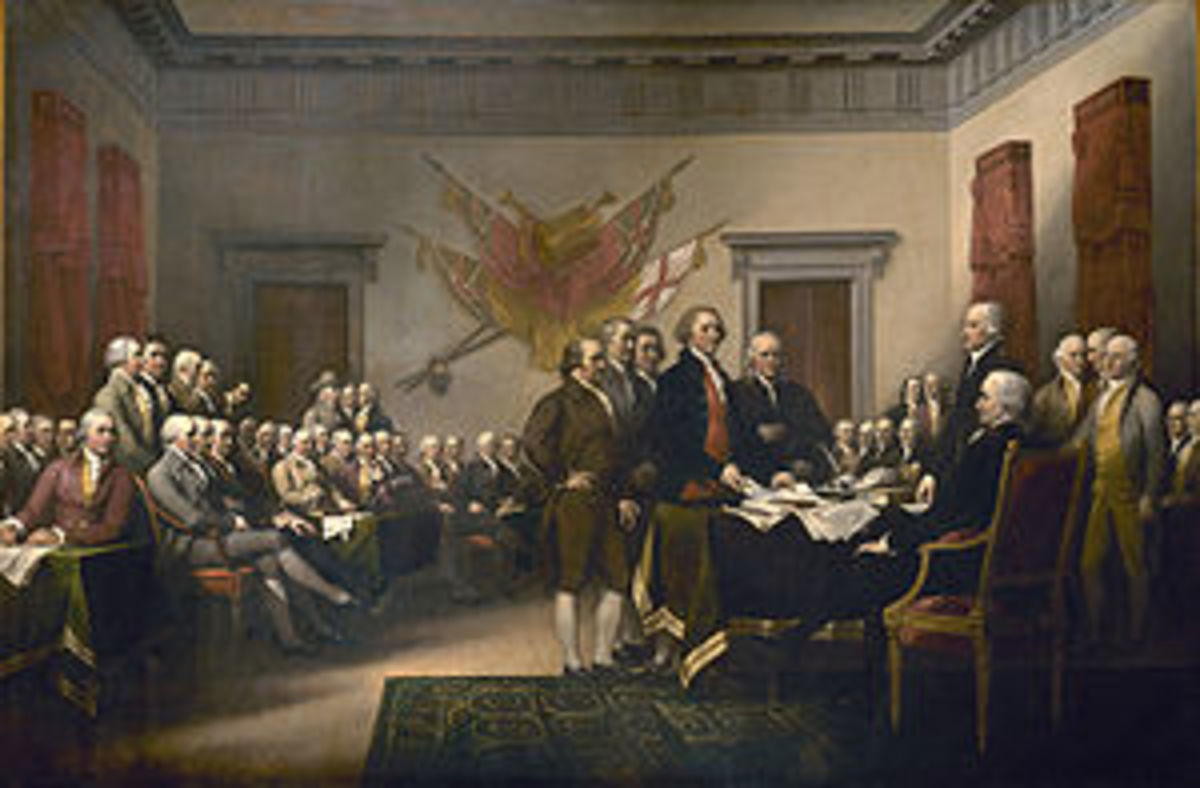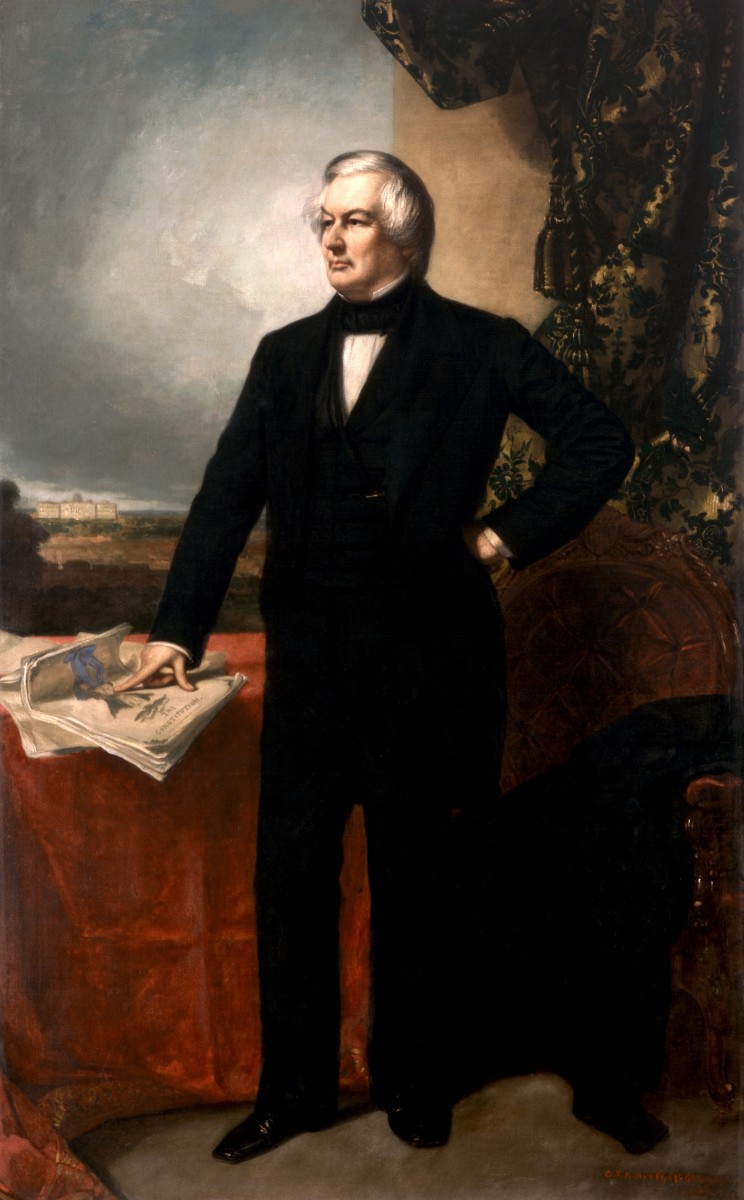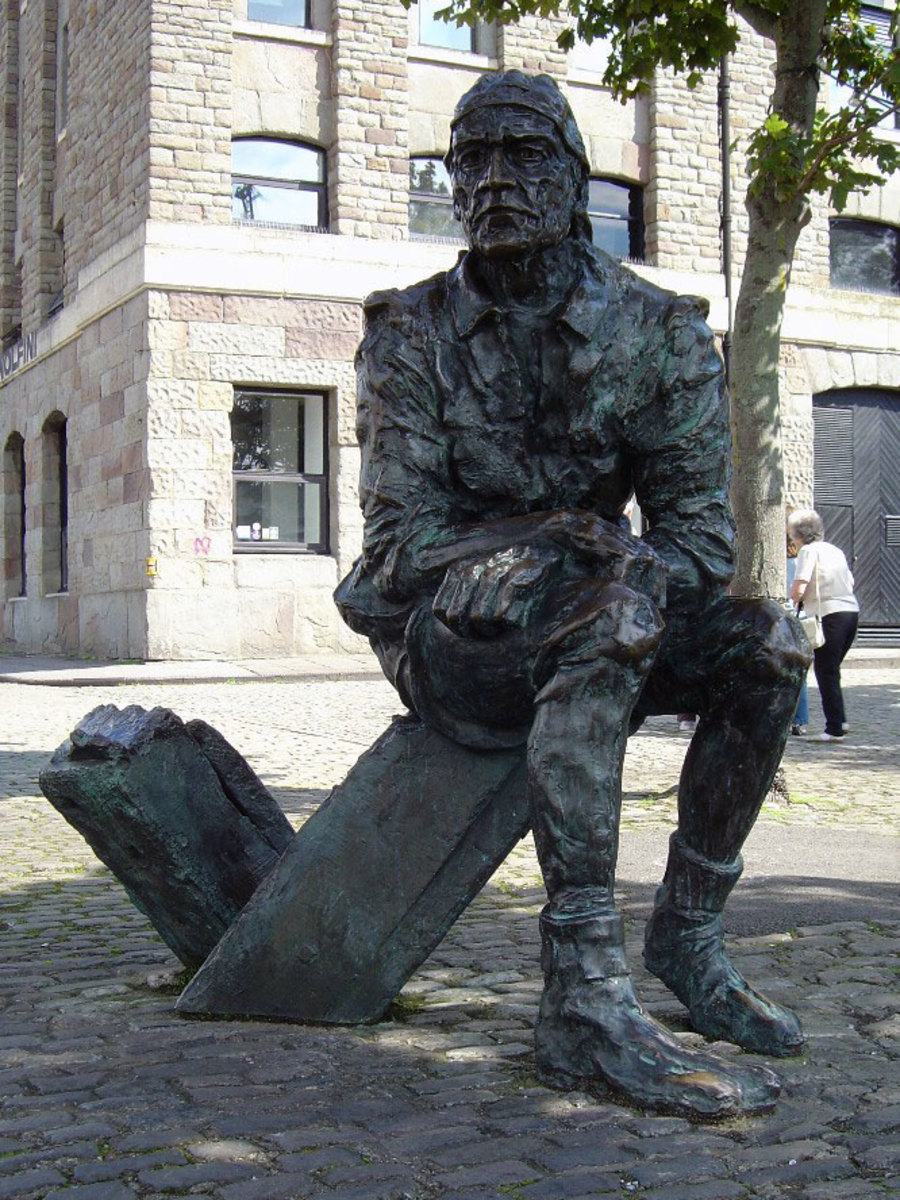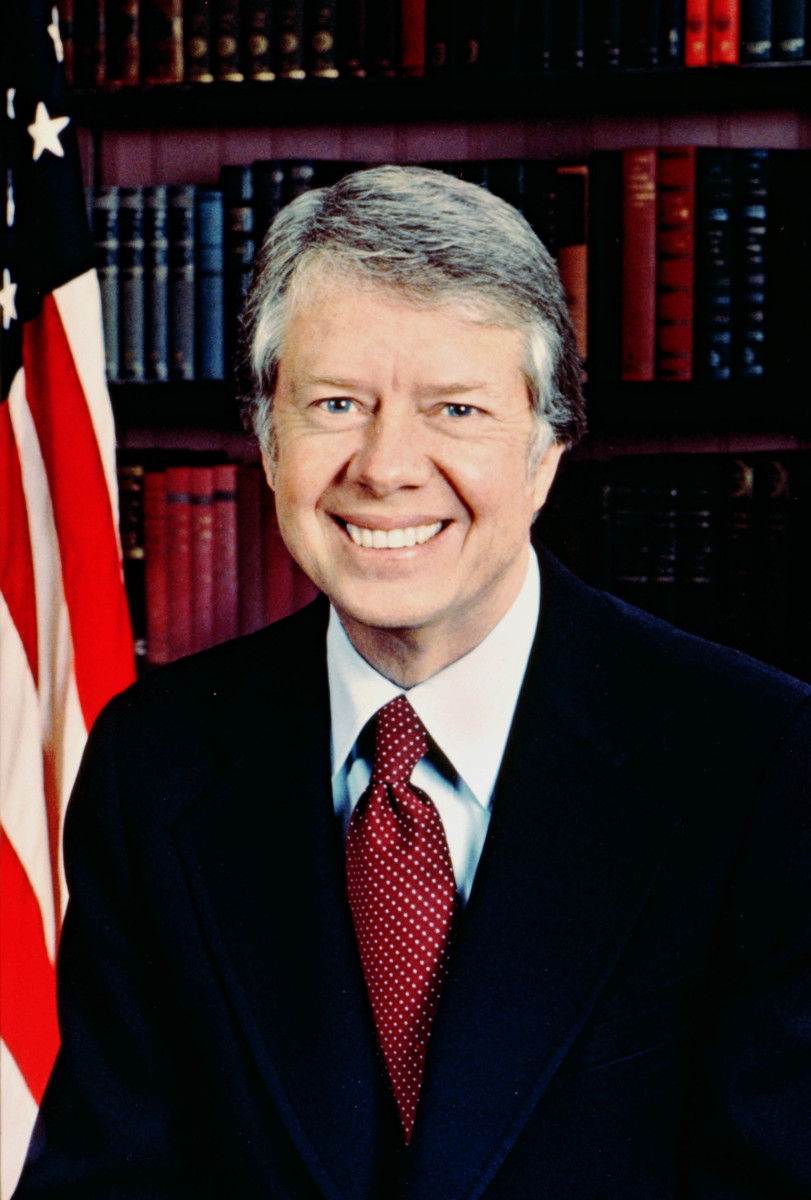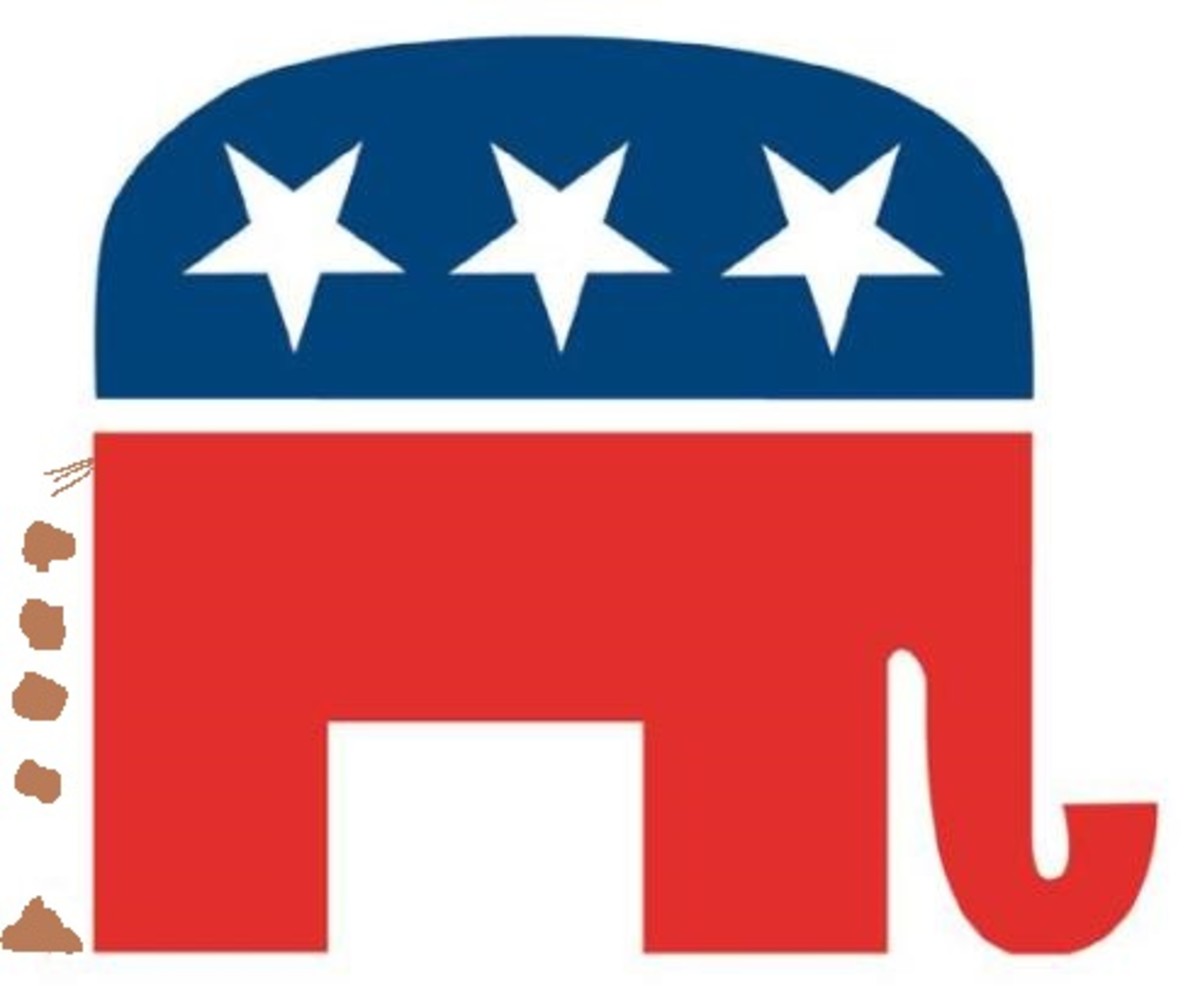Politics of Unintended Consequences
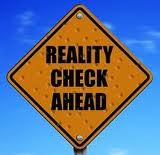
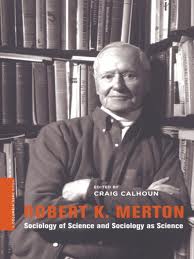

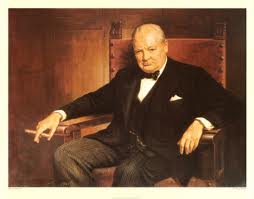
“You can always count on Americans to do the right thing-
After they’ve tried everything else!”
Sir Winston Churchill


“It was the best of times, it was the worst of times, it was the age of wisdom, it was the age of foolishness, it was the epoch of belief, it was the epoch of incredulity, it was the season of Light, it was the season of Darkness, it was the spring of hope, it was the winter of despair, we had everything before us, we had nothing before us, we were all going direct to heaven, we were all going direct the other way - in short, the period was so far like the present period, that some of its noisiest authorities insisted on its being received, for good or for evil, in the superlative degree of comparison only”
Charles Dickens
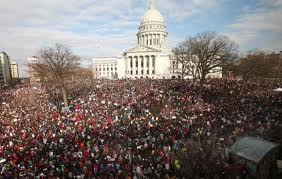
The theory of Unintended Consequences is a broadly accepted social scientific concept. Essentially, it demonstrates the diversity of outcomes by those whom implement an intended policy to achieve a desired result. A distance cousin of Murphy’s Law, they share the hubristic belief those in power can control the world around them. Although the results can have positive unexpected benefits or effects contrary to the original intent, they also have a history of detrimental or unpredictable results.
In the 1920’s Congress caved to the religious right’s desire to ban alcohol throughout the nation. This Prohibition created a flourishing industry of illegal alcohol activity, resulting in a massive and powerful organized crime structure. Likewise, the War on Drugs campaign produced a similar climate. The creation of affluent Drug Cartels is linked to the intended suppression of the illegal drug trade. The prominence of these seedy elements has gained the capacity of dictating public policy among nations throughout the world. The rise of Al-Qaeda is widely held to be the result of ‘blowback’, the Central Intelligence Agency’s covert funding of the Afghan Mujahedeen.
“Those who fail to learn from history are doomed to repeat it.”
Sir Winston Churchill
Our esteemed State and Federal representatives of the Republican Party are providing us with some new examples of the Law of Political Unintentional Consequences. The saga begins with the 2010 mid-term elections. Our Republicans friends discerned their overwhelming victory in Gubernatorial, State and House seats as a call to action. Soon after the spoils of victory they made their move on ‘we the people.’
The Ryan Budget Plan was broadly acknowledged as an assault on the nations long standing social safety nets. Financial weary Americans began paying attention to the underlying agenda of the politicians they recently voted into power. Enter the Special Election in the New York 26th, subsequent to the February 2011 resignation of Republican House Representative Chris Lee. This deep red district had been Republican held since 1970 and was considered one of the safest seats nationally. Political spin aside, the consensus for this devastating upset had ties to the age factor of the electorate within the district. Representing the New York 26th for the first time in over 40 years is Democrat Kathy Hochul.
A personal favorite case in point of the Theory of Unintended Consequences is the absolute awe-inspiring participation of the citizens of the great state of Wisconsin. In short, after selecting a Republican controlled congress and governor, the electorate came under attack. In what has been portrayed as a bogus and unsubstantiated ‘Budget Crisis’, it is widely held the ulterior motive is for Union workers to surrender their Collective Bargaining Rights. After numerous mass protests, of which the People took over the Capitol Building, recall elections are in progress. The irony should not be lost in this Republican predicament; Wisconsin is considered the birthplace of Unions.
The roots of the American desire to be free from British imperialistic oppression were entrenched within the fear of corruption. Americans considered this hostility a threat to freedom. The British powers threatened the liberties enjoyed by Americans. Additionally, colonists associated corruption with luxury and inherited Aristocracy which they condemned.
A peek into American Political Parties of the past may shed some light on what the future shall hold. George Washington was not a member of any political party fearing it would undermine republicanism. The first American Party, formed by Alexander Hamilton, was the Federalist Party. The demise of the party is dubiously based on the lack of a strong leader. They became viewed as exclusively representing the upper-class and unresponsive to Democracy; the party vanished by the year 1808. The Whig Party’s demise is often cited as a lackluster example as a party whom simply lost its followers after the 1850’s. Dickens said that; the period was, so far, like this period…apologies, I digress.
As for effectuating change in the existing unrepresented American politically under class…two things come to mind. When I was inducted in the United States Military I swore an oath to defend the Constitution of these United States. To have broken that affirmation would be nothing short of treasonous. Upon my release, I can’t recall being relieved of such stated oath. Members of Congress take an oath as well. It goes something like this:
The current oath was enacted in 1884:
I do solemnly swear (or affirm) that I will support and defend the Constitution of the United States against all enemies, foreign and domestic; that I will bear true faith and allegiance to the same; that I take this obligation freely, without any mental reservation or purpose of evasion; and that I will well and faithfully discharge the duties of the office on which I am about to enter: So help me God.
So help you God, because you shall not receive any such help on this green, well once green, Earth. The operative words here are “enemies foreign and domestic.” As for me, the intention destruction or harm to “We the People” is a violation of that oath and thereby treasonous. With respect to defending the Constitution, I was unable to find any subsection within the oath that reads; except the ones you choose not to agree with. Of course I am referring to section four of the 14th Amendment of the Constitution of these United States of America. That’s my personal position regarding the oath I solemnly swore to.
What stands before us, is indisputably the mother illustration of the theory of unintended consequences. It can be summed up with the idiom Tea Party. The irony should not be lost given the potentiality of this turn of phrase; the Tea Party’s association with the creation and termination of our nation.
Get out the Vote in 2012.
“It is a far, far better thing that I do, than I have ever done; it is a far, far better rest that I go to than I have ever known." - Sydney Carton

